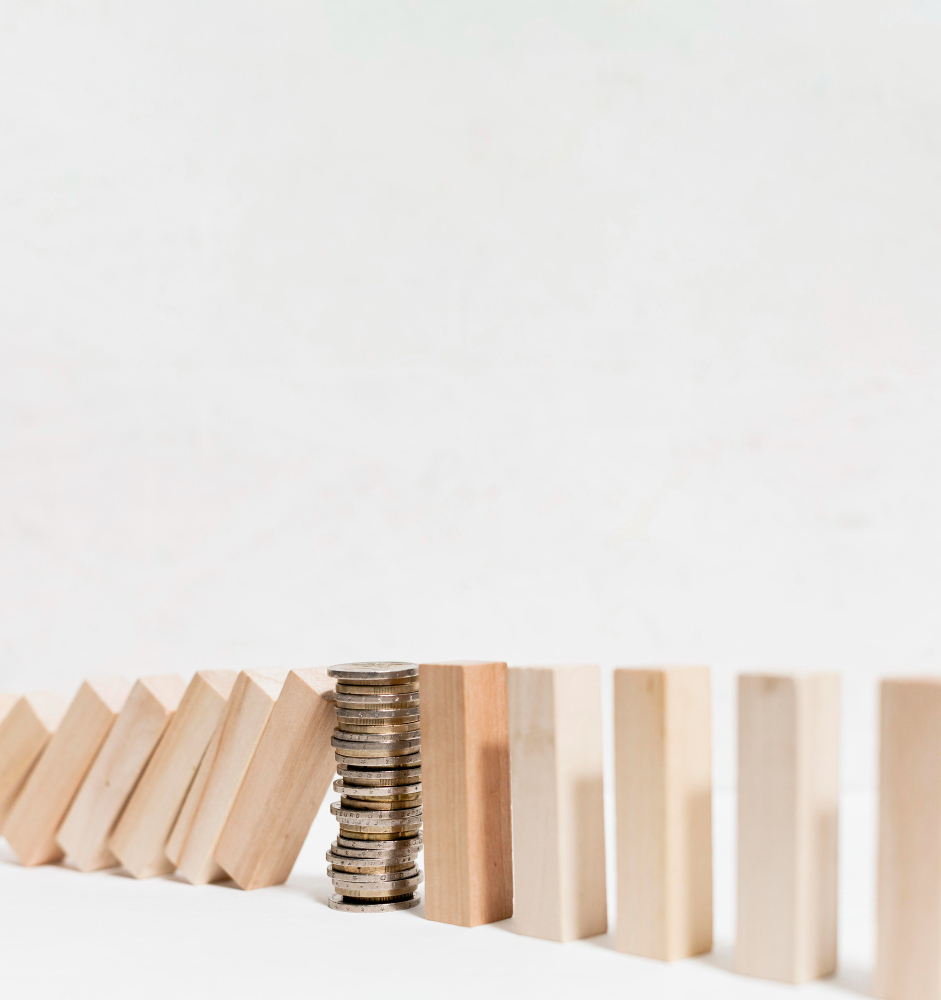The CardCookie Blog
The Minimalist Lifestyle: Declutter Your Space and Save Money
You never imagined: clutter can be one of the reasons, if not a major reason, for wasting money. How so? We’ll explain with this list of alternatives to optimize your belongings, save more, and maybe even make a few bucks. But for now, remember this quote from Thoreau: “I make myself rich, by making my wants few.”

80/20 Rule
We've talked about similar strategies before. In this case, the idea is that we use only 20% of what we own. If you take a look in your closet, kitchen, or garage, you're sure to find a lot of items you haven't seen in ages. Take some time to sort through and get rid of everything you no longer use.
If you’re starting your minimalist journey to improve your finances, pair it with our guide on Budgeting Bliss: How to Save Money Strategically.
What’s Lurking everywhere?
Storage companies might not love this, but one important task is to review these spaces too. Schedule a day during the week or on your weekend to check what you have stored and see what you can donate or give away. Ask yourself if you’ve used it in the past year, and if the answer is no, consider donating or selling it. Before heading to your storage unit, do the same with items in your home—appliances, furniture, or anything you no longer use. Take advantage of this opportunity to donate, sell, or move them to your storage unit, and plan to do another cleanup at the storage and at home within a year.
Once you declutter physical space, it’s a great time to declutter financial space too—start with 10 Ways to Save Money on Monthly Bills Without Sacrificing Comfort.
Buy Consciously
When we start cleaning our spaces of things we don't use, that are broken, or that no longer serve us or interest us, we also clear some of that mental noise that often invades us and, believe it or not, causes problems. Once we're in the habit of optimizing time, space, and money, we don't want to fill our homes with things we don't need. So, when you go shopping, do it consciously. Don't buy something just because it's on sale. Instead, buy what will truly bring you value.
If you want to shop smarter and avoid impulse buys, read How to Stop Impulse Buying and Start Saving More.
Avoid Duplicates
Let us know how many duplicate items you find while tidying up. Organizing will help you realize what you have in excess and what you have duplicates of. This happens with cleaning supplies, clothing, decorations—everything, from the smallest and most insignificant items to the largest and most obvious ones. So, as you organize, try to avoid buying something you already own. You'll save significant amounts of money by applying this practice.
Minimalism pairs perfectly with mindful purchasing—here’s a helpful read: Money-Saving Mindset: Cultivating Habits for Long-Term Financial Success.
Declutter Your Finances
Taking time to tidy up your finances can lead to some impressive savings. Imagine giving your paperwork, standing orders, and direct debits a good spring clean—suddenly, you’re finding out that you're still paying for that gym you haven’t seen since the last Olympics! Review everything to make sure you’re getting the best deals on things like mobile phone plans and insurance. Organized finances mean fewer surprises at tax time and no more nasty late payment penalties.
If you need help reorganizing your money from scratch, explore How to Create a Budget That Actually Works.
A 'tidy' Conclusion
While these rules might be difficult to apply at first, the more you practice them, the easier they will become to incorporate into your routine and turn into a habit. You'll start to see both tangible and intangible results. Whether it's saving money by avoiding duplicate purchases or the mental clarity that comes from an organized space, the benefits are well worth the effort. So, take it step by step, and enjoy the rewards of a minimalist lifestyle.
Want to simplify your spending even more? Use discounted gift cards for predictable budgeting—explore deals for stores you already shop at, like Walmart, Target, or Home Depot.